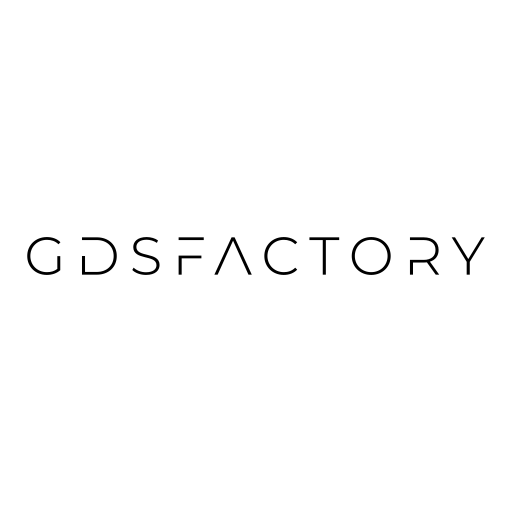gdsfactory.cross_section.Section#
- class gdsfactory.cross_section.Section(*, width, offset=0, insets=None, layer, port_names=(None, None), port_types=('optical', 'optical'), name=None, hidden=False, simplify=None, width_function=None, offset_function=None)[source]#
CrossSection to extrude a path with a waveguide.
- Parameters:
width (float) – of the section (um) or parameterized function from 0 to 1. the width at t==0 is the width at the beginning of the Path. the width at t==1 is the width at the end.
offset (float) – center offset (um) or function parameterized function from 0 to 1. the offset at t==0 is the offset at the beginning of the Path. the offset at t==1 is the offset at the end.
insets (tuple[float, float] | None) – distance (um) in x to inset section relative to end of the Path (i.e. (start inset, stop_inset)).
layer (tuple[int, int] | str | int | LayerEnum) – layer spec. If None does not draw the main section.
port_names (tuple[str | None, str | None]) – Optional port names.
port_types (tuple[str, str]) – optical, electrical, …
name (str | None) – Optional Section name.
hidden (bool) – hide layer.
simplify (float | None) – Optional Tolerance value for the simplification algorithm. All points that can be removed without changing the resulting. polygon by more than the value listed here will be removed.
width_function (Callable[[...], ndarray[tuple[int, ...], dtype[floating[Any]]]] | None) – parameterized function from 0 to 1.
offset_function (Callable[[float], float] | None) – parameterized function from 0 to 1.
0 │ ┌───────┐ │ │ │ │ layer │ │◄─────►│ │ │ │ │ width │ │ └───────┘ | │ | ◄────────────► +offset- __init__(**data)#
Create a new model by parsing and validating input data from keyword arguments.
Raises [ValidationError][pydantic_core.ValidationError] if the input data cannot be validated to form a valid model.
self is explicitly positional-only to allow self as a field name.
- Parameters:
data (Any)
- Return type:
None
Methods
__init__(**data)Create a new model by parsing and validating input data from keyword arguments.
construct([_fields_set])copy(*[, include, exclude, update, deep])Returns a copy of the model.
dict(*[, include, exclude, by_alias, ...])from_orm(obj)generate_default_name(data)json(*[, include, exclude, by_alias, ...])model_construct([_fields_set])Creates a new instance of the Model class with validated data.
model_copy(*[, update, deep])!!! abstract "Usage Documentation"
model_dump(*[, mode, include, exclude, ...])!!! abstract "Usage Documentation"
model_dump_json(*[, indent, ensure_ascii, ...])!!! abstract "Usage Documentation"
model_json_schema([by_alias, ref_template, ...])Generates a JSON schema for a model class.
model_parametrized_name(params)Compute the class name for parametrizations of generic classes.
model_post_init(context, /)Override this method to perform additional initialization after __init__ and model_construct.
model_rebuild(*[, force, raise_errors, ...])Try to rebuild the pydantic-core schema for the model.
model_validate(obj, *[, strict, extra, ...])Validate a pydantic model instance.
model_validate_json(json_data, *[, strict, ...])!!! abstract "Usage Documentation"
model_validate_strings(obj, *[, strict, ...])Validate the given object with string data against the Pydantic model.
parse_file(path, *[, content_type, ...])parse_obj(obj)parse_raw(b, *[, content_type, encoding, ...])schema([by_alias, ref_template])schema_json(*[, by_alias, ref_template])serialize_offset_function(func)serialize_width_function(func)update_forward_refs(**localns)validate(value)Attributes
model_computed_fieldsmodel_configConfiguration for the model, should be a dictionary conforming to [ConfigDict][pydantic.config.ConfigDict].
model_extraGet extra fields set during validation.
model_fieldsmodel_fields_setReturns the set of fields that have been explicitly set on this model instance.
widthoffsetinsetslayerport_namesport_typesnamehiddensimplifywidth_functionoffset_function
